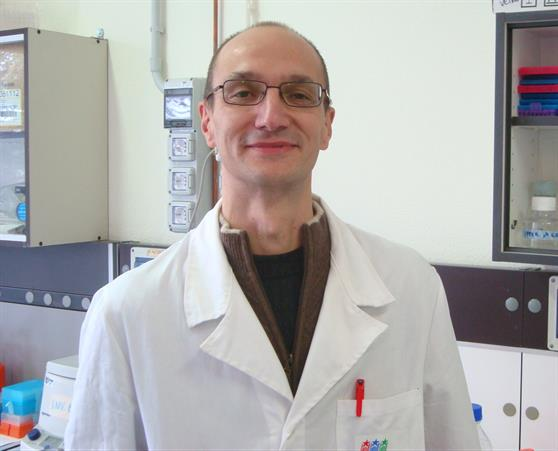Financing of a second PKAN project following the 2018 call

Dario Finazzi and his team at the University of Brescia are supported for their research on PKAN zebrafish by AISNAF, Hoffnungsbaum e.V. and NBIA Disorders Association for their research on PKAN zebrafish. As part of the 2018 joint international funding initiative, the project on PKAN gene therapy presented by Lauriel Earley was deemed worthy of funding by the Scientific Advisory Board and the Advisory Board of Lay Experts and received full funding of 40,000 euros.
However, of the eight projects submitted in the same category, one other project also made a positive impression on the reviewers. AISNAF, Hoffnungsbaum e.V. and the NBIA Disorders Association succeeded in providing additional funding of €22,000 for Professor Dario Finazzi's project.
The topic is "Understanding and curing PKAN: Further developments for the phenotypic rescue of a zebrafish model".
The project was launched in May 2019. Its originality lies in the use of a small but particularly advantageous animal model, the so-called zebrafish. This is a freshwater fish whose embryos develop outside the mother and are transparent, which facilitates observation and handling. Finazzi and his colleagues had previously created zebrafish with PANK2 mutations and described clear changes in the nervous and vascular systems, including edema and bleeding. Now the researchers propose to complete the analysis and focus on the assessment of coenzyme A (CoA), mitochondria and motor activity, all altered elements in PKAN.
Another important aspect of the project is research into the molecular basis of defects in the circulatory system, the development of blood vessels and the cells that form them. The data obtained will be of great importance for the identification of new molecular targets to counteract the development and progression of PKAN. Another important aspect will be the development of a rapid and reliable system for the systematic testing of molecules with therapeutic potential. "These preliminary data are essential to obtain further funding for large-scale screening of potential therapeutic agents," says Finazzi, adding, "I think this is an exciting time for PKAN researchers, for patients and their families, because we have established a solid foundation for potential care and the goals are closer than ever."
Source: https://www.aisnaf.org/news/
